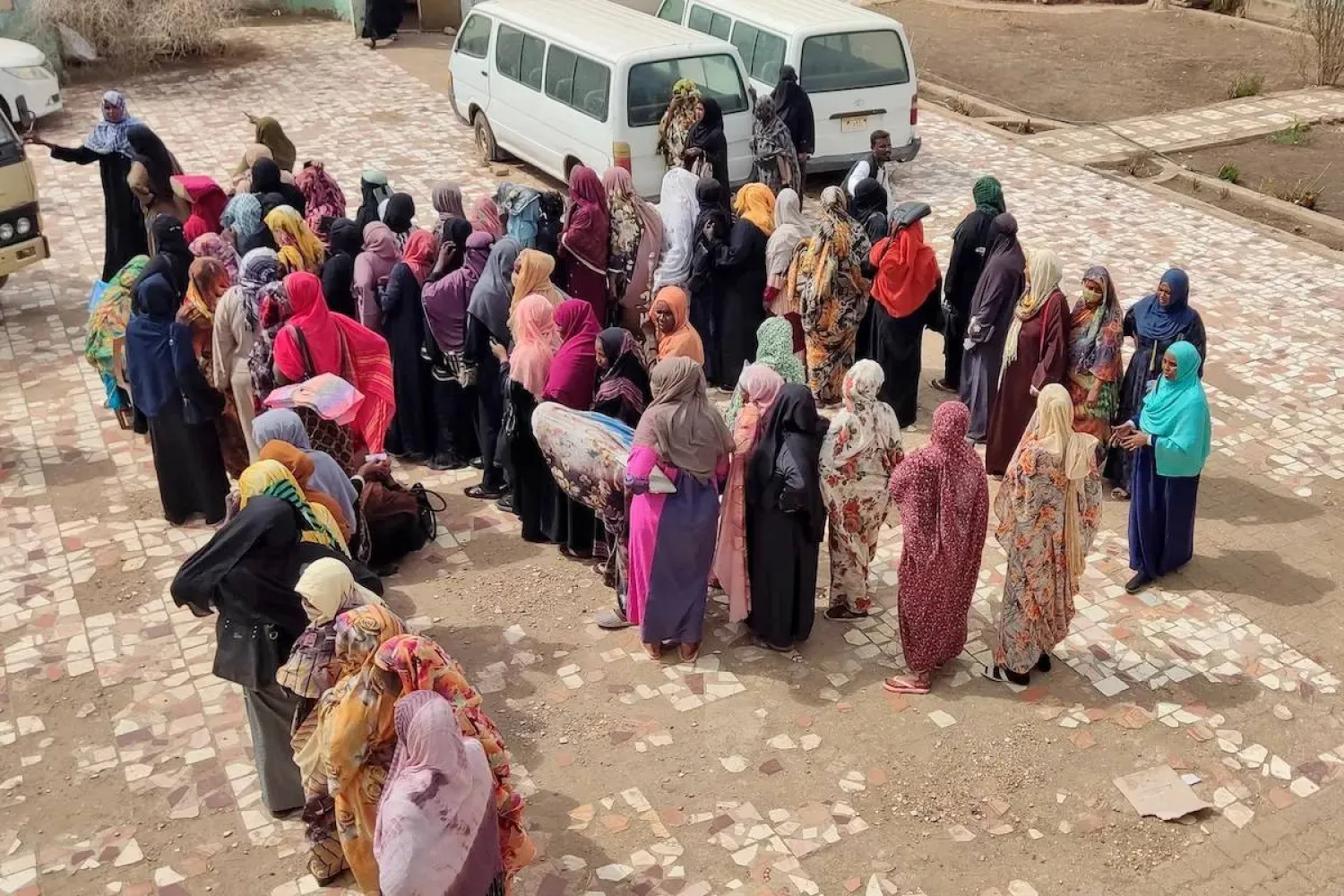Sudan’s warring parties, the Rapid Support Forces (RSF) and the Sudanese Army, have committed widespread acts of rape, including gang rape against women and girls in Khartoum since the current conflict’s onset, Human Rights Watch said in a report released Monday.
The New York-based organization said it interviewed 42 healthcare providers, social workers, counsellors, lawyers, and local responders in the emergency response rooms that they have established in Khartoum between September 2023 and February 2024.
Eighteen of the healthcare providers had provided direct medical care or psychosocial support to survivors of sexual violence, or managed individual incidents.
They said they had cared for a total of 262 survivors of sexual violence from ages 9 through 60 between the conflict’s onset in April 2023 and February 2024.
The report, “Khartoum Is Not Safe for Women: Sexual Violence Against Women and Girls in Sudan’s Capital,” said the RSF have committed widespread acts of sexual violence in areas of Khartoum over which they exercise control, acts that constitute war crimes and crimes against humanity.
Also, it said healthcare workers encountered survivors seeking assistance for debilitating physical injuries they experienced during rapes and gang rapes. At least four of the women died as a result of the violence.
The conflict in Sudan broke out 15 months ago between the army, led by Abdel Fattah al-Burhan, and the RSF, led by his former deputy General Mohamed Hamdan “Hemedti” Dagalo.
The violence has killed tens of thousands and displaced more than 10 million others, according to UN estimates. It also destroyed homes, schools, hospitals and other essential civilian infrastructure.
“The RSF have raped, gang raped, and forced into marriage countless women and girls in residential areas in Sudan’s capital,” said Laetitia Bader, deputy Africa director at Human Rights Watch.
The report said survivors told the medical providers that they were raped by as many as five RSF fighters.
RSF members have sometimes sexually assaulted women and girls in front of their family members. The RSF also forced women and girls into marriages.









